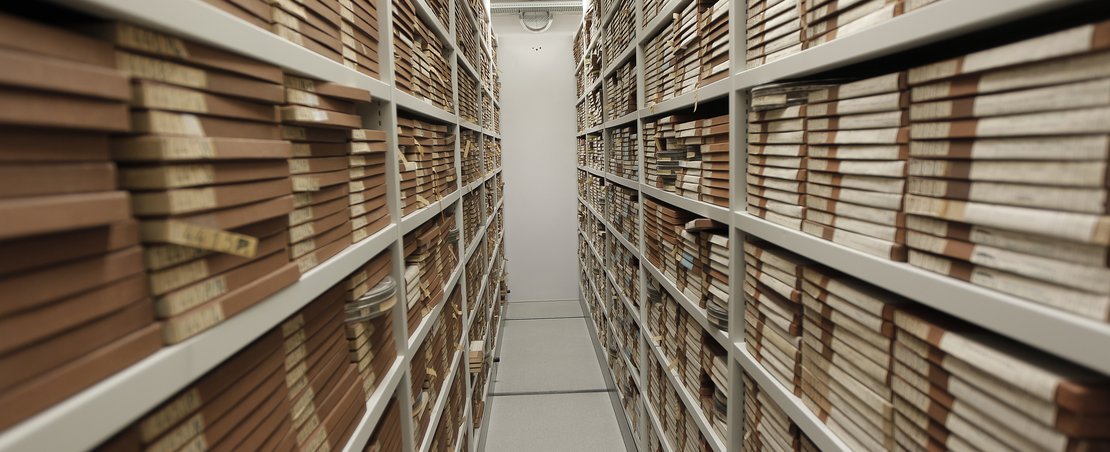
Blockchains and other distributed ledger technologies: benefits and limitations
Blockchains and other distributed ledger technologies (DLTs) have generated significant interest in recent years. This interest, as with many emerging technologies, seems to conform to the 'Peak of Inflated Expectation' phase outlined in the Gartner Hype Cycle.
Over the last few years at the ODI we have been looking closely at DLTs, exploring their potential benefits and limitations. In 2016 the ODI Labs team experimented with practical implementations of DLTs, and in 2017/18 the R&D team examined the potential of smart contracts to inform trust within interactions between people, businesses and other organisations.
One of the most important questions we can ask of new technologies is whether their application is useful for solving a tangible problem. Emerging technologies that are intellectually interesting but do not address people’s or organisations’ problems better than existing solutions, are not inherently valuable to society. When it comes to blockchains and other DLTs, we are keen to examine whether they might be used to tackle real-world problems, and whether these solutions should be further explored.
Exploring real-world implementations: ARCHANGEL
As part of this continuing effort, we recently announced that we have partnered with the National Archives and the University of Surrey on an EPSRC-funded project that seeks to understand how DLTs might be used to verify that documents stored in digital archives have not been altered or modified.
The project, known as ARCHANGEL, interests us because we not only recognise the potential benefits for Archives and Memory Institutions (AMIs) in light of the current shift from physical records to born-digital records, but because the project presents us with an opportunity to gain first-hand experience working on a promising real-world project.
Our partners
The project will be led by the Centre for Vision, Speech and Signal Processing at the University of Surrey, which will also explore hashing and tampering-detection techniques for different types of data - eg images, PDFs or videos.
The Centre for the Digital Economy (CoDE), also from the University of Surrey, will investigate the broad economic, organisational, and sociological changes that might be brought about by the implementation of a system like ARCHANGEL. The National Archives will draw upon its archival expertise to advise how to best integrate DLTs with current archival practices and, along with CoDE, will explore whether a technology-based, shared trust model such as ARCHANGEL will support new business models for AMIs. We at the ODI will be in charge of a number of aspects of the project, including the design and implementation of an open DLT infrastructure and the design and iteration of a user interface suitable for archivists and citizens alike.
We will be updating this website with news of our progress as we go along. If you wish to get involved or find out more, email [email protected].
Image credit: CC BY-SA 2.0 by DRs Kulturarvsprojekt
Key outputs
- Blockchain and trust in digital archiving
- Future of archiving
- Blockchain and data infrastructure
- Animation: smart contracts
- Smart contracts and business
Blockchain and trust in digital archiving
Blog post: read about the challenges of using blockchain to build trust in digital archiving as part of the ARCHANGEL project.
Future of archiving
Blog post: Blockchain’s potential role in the future of archiving. Blockchains and other distributed ledger technologies have generated significant interest in recent years. Here we aim to provide some reasoned input about the many promises of these new technologies.
Blockchain and data infrastructure
Report: Applying blockchain technology in global data infrastructure (2016) presents an overview of blockchain technology and issues that come with it, for a non-technical audience who seek to understand the potential of distributed ledgers and blockchains in a commercial or policy context.
Animation: smart contracts
Smart contracts and business
Report: How can smart contracts be useful for businesses? The latest set of emerging technologies that have been mooted as having the potential to play a role are distributed ledgers and, in particular, smart contracts. In this report, we examine the potential of distributed ledger technologies to inform trust, focusing on the role of smart contracts.